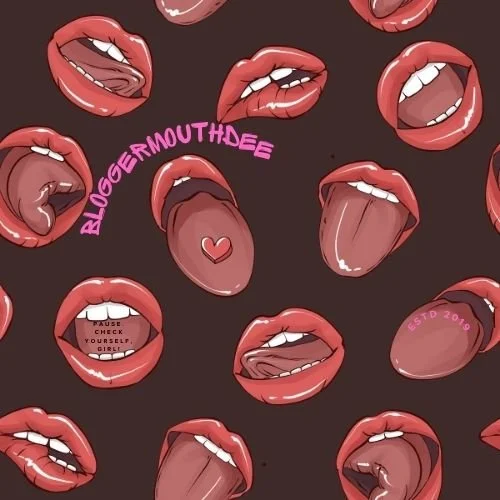LET’S BE REAL - When is it okay to not be okay?
I was standing in the main office when a coworker came in looking very distressed. Initially, I decided not to say anything because I could hear the agitation in her voice as she responded to my hello. I figured she was probably just having a bad morning. Maybe she’d just ended a draining phone call as she left her vehicle. Maybe she scorched the eggs and had to give the children cold cereal instead. Maybe she just woke up on the wrong side of the bed. I really did not know. So, I decided to look away. Then it happened. Someone asked her a question, and she froze. She stood there for a few seconds as if moving or breathing would have made her explode. Her stance further told me that her morning wasn’t going well. So I dared to ask. “Are you okay?”, with a look and tone of concern. She looked at me and responded, “No! I am not okay.” Then she exited the room, leaving me wondering had I done the wrong thing by inquiring.
What had I expected her to say? The signs were all there. Her eyes, the heaviness in her walk and her overall body language all spoke for her. She didn’t need to say a single word. So why did I ask? Why do any of us, especially when we usually want and expect a response of, “I’m okay.” Do we expect that no matter what the signs tell us, people are well? Or, are we hoping they will be dishonest about how they’re really feeling? If you have to ask someone if they are okay, then you pretty much already know the answer. More than likely, they are not. Why else would you be prompted to ask? Additionally, why do many of us feel the need to tell people we are okay even when we are not?
Pause. Check yourself, girl! It is definitely okay to not be okay. It is even further okay to alert others of that fact. Oftentimes, we believe that saying that we are not okay is admitting that we have a problem. And for whatever reason, we never want to appear to have any problems. We pretend to be okay because we may be embarrassed by what people may think or say. Divulging this may also prompt people to ask too many questions; thus, requiring too much information. Some of us tend to say we are okay because we don’t want to be burdensome. We do not want to weigh others down with what may be bothering us. The list just goes on.
What we must know, without a doubt, is that disclosing that we are not okay does not mean we have to run around telling everyone all of our business. Not everyone should be privy to that, no matter what. However, we do need to get to a place where we can be honest about not being okay. Once we do that, we then decide how far we go and with whom we will go after that. When I saw my coworker later that day, she mentioned her moment of honesty. She was relieved and less heavy. She said she started to tell me otherwise but had made a decision, in that moment, that she was okay with saying how she really felt. I admired her for that. She didn’t go into any further detail, and I didn’t ask. We both left with an understanding that day. It’s okay to not be okay, and we don’t owe anyone an explanation for it.


